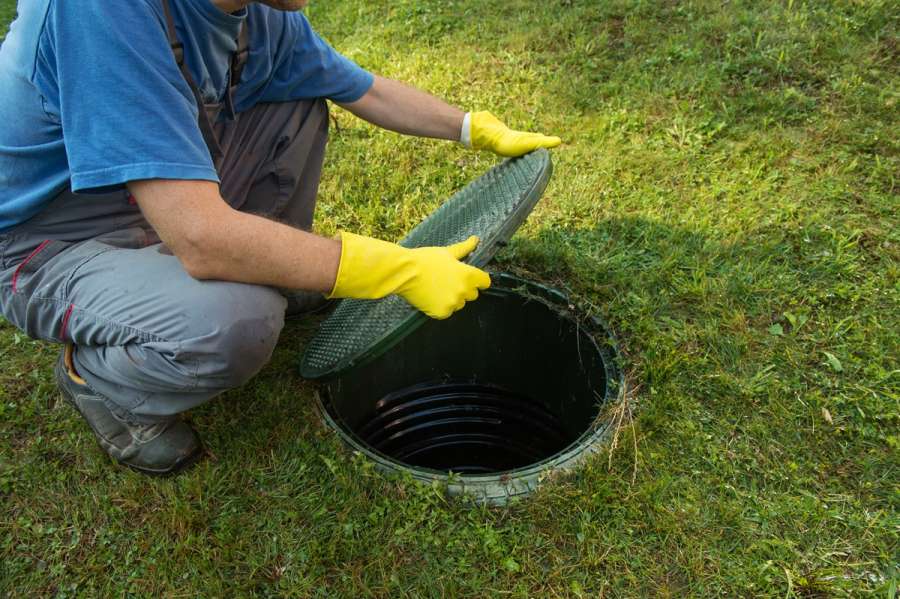What is a septic tank?
Put simply, a septic tank is a chamber that is buried underground and stores your wastewater.
They are commonly found in rural areas where properties are not connected to the main sewage grid.
There are specific regulations in place to ensure that a septic tank complies with environmental standards, and if you are buying a residential property which is connected to a septic tank, your solicitor will need to check whether it does so satisfactorily.
In addition, your solicitor will need to check that you have adequate legal rights to use the tank as it may not be in your own property boundary.
How often does your septic tank need to be emptied?
This depends very much on the size of your septic tank, but you can expect to need to empty it every 1 to 3 years.
You will need a specialist registered waste carrier company to come and empty it for you.







